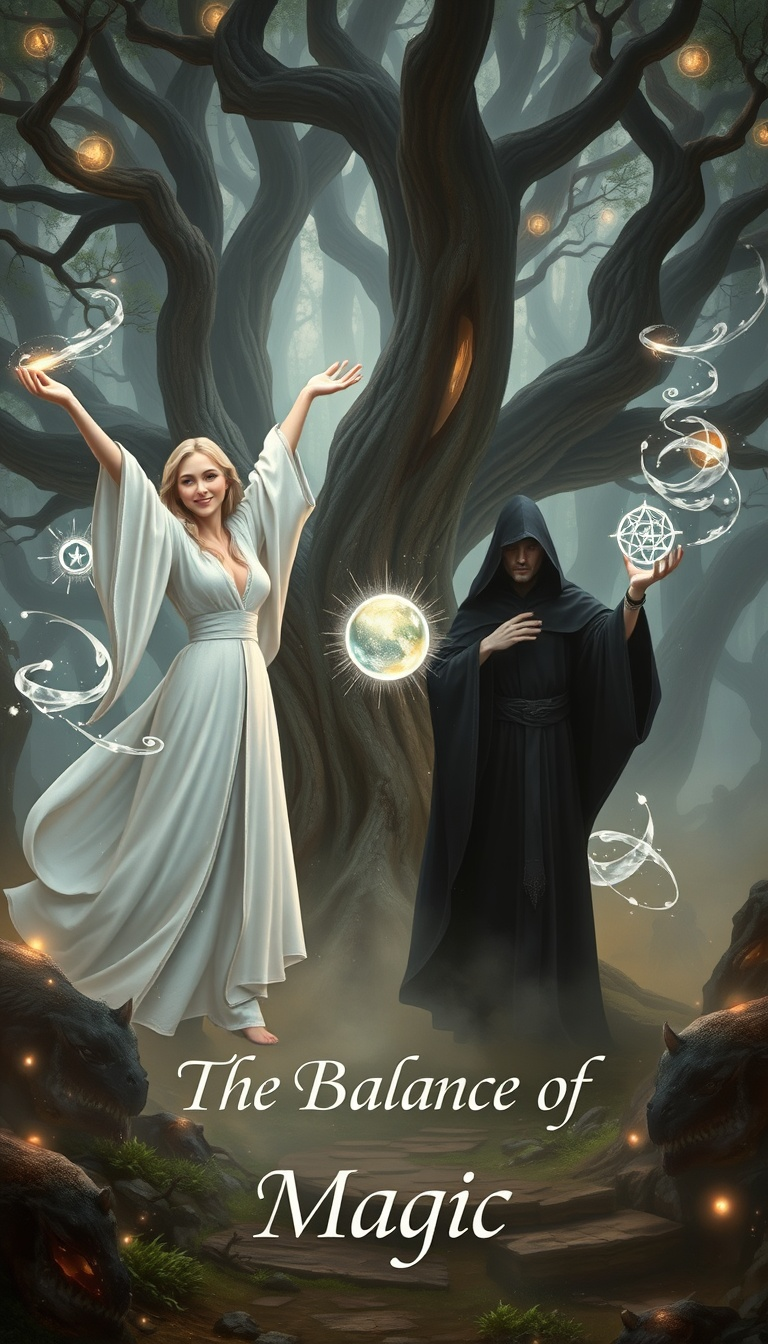Dark Age

Dark Age
Historical Term / Historiography / Cultural History
Definition:
The term Dark Age refers to a historical period perceived as culturally, politically, or economically stagnant or regressive. It is typically used to describe eras with limited written records and a supposed decline in civilization or knowledge.
Usage and Background:
The term is most commonly associated with early medieval Europe (ca. 5th–10th century), following the fall of the Western Roman Empire in 476 AD. Early historians coined the term "Dark Age" to express the perceived loss of classical knowledge and cultural decline.
Typical Features (in traditional view):
-
Decline of cities, trade, and education
-
Collapse of central governments
-
Frequent wars and invasions
-
Supposed cultural stagnation
-
Dominance of religion over science
Modern Perspective:
Today, historians regard the term Dark Age as outdated and misleading. It oversimplifies the period and reflects a Eurocentric bias. Modern research reveals that the so-called Dark Age included important developments in technology, agriculture, religious thought, and state formation. More accurate and neutral terms like Early Middle Ages or Late Antiquity are now preferred.
Links:
